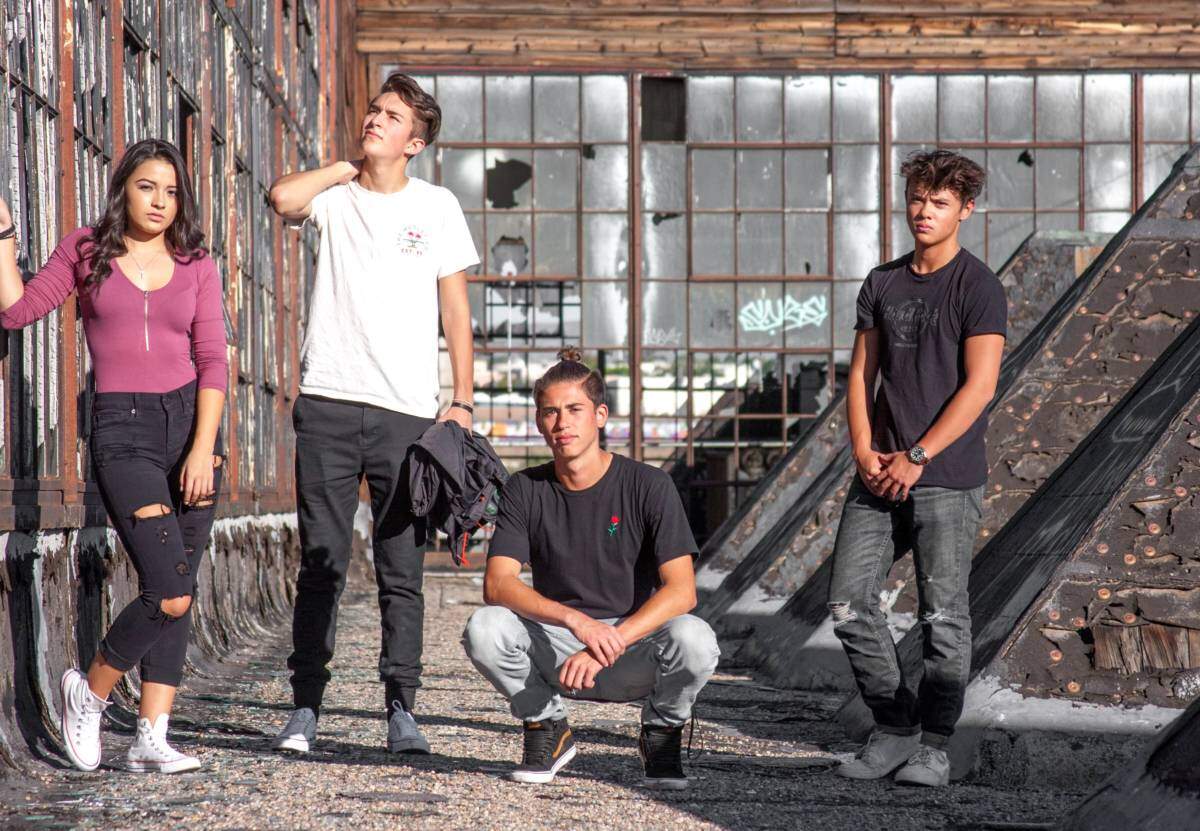It routinely surprises me how different our ideas of youth culture are from reality.
A while back, there was a fascinating bit done by Danah Boyd about how kids use online media today. Some of it isn’t surprising – kids view library sites and the like as “schoolwork”, and only use them ass such. Some of it is surprising (at least to me) – there’s no brand or platform loyalty whatsoever between different social media networks, and e-mail is something they rarely use.
(That last, though, explains why my students who are quite proficient with social media platforms had problems sending me an attachment through regular e-mail channels.)
None of this particularly troubled me except for one observation – there’s no real method of verification. “I read it on the Internet” really does seem to be good enough for these kids, and that they can tell a website is credible by it’s appearance; one person said they could “just tell”.
Which really, really, bothers me.
 I hope that – at least – “the way it looks” is a reference to an internal bullshit meter. The ability to tell when someone’s not being genuine – and calling them on it – has become a necessary survival trait in my lifetime. That would be a good thing. That’s the promise of the internet – that authority is granted by a discerning audience, and critical thinking can take the fore instead of spending all your time simply getting the data.
I hope that – at least – “the way it looks” is a reference to an internal bullshit meter. The ability to tell when someone’s not being genuine – and calling them on it – has become a necessary survival trait in my lifetime. That would be a good thing. That’s the promise of the internet – that authority is granted by a discerning audience, and critical thinking can take the fore instead of spending all your time simply getting the data.
I worry, though, that it’s style over substance, that the “polishedness” of a website is being mistaken for credibility. That presentation is trumping accuracy. Which would really, really suck. It’s the same system that we’ve had since forever, really. That’s why our talking heads are photogenic, why Nixon lost the election, and does a lot to explain the presidencies of Ronald Regan and George W. Bush.
It would be a disaster – simply because it would be continuing the same old crap the same old way. Without the bullshit detectors, corporations can greenwash their way out of environmental disasters, presidents can justify subverting our Constitution, and racism can wrap itself in the flag – as long as it looks good and sounds pretty.
Privilege will continue just as it always has – unless our non-profits, our legitimate educational institutions, our well-meaning activists learn (quickly!) how to effectively, sincerely, and genuinely market themselves to today’s youth.
And that, my friends, means you.
